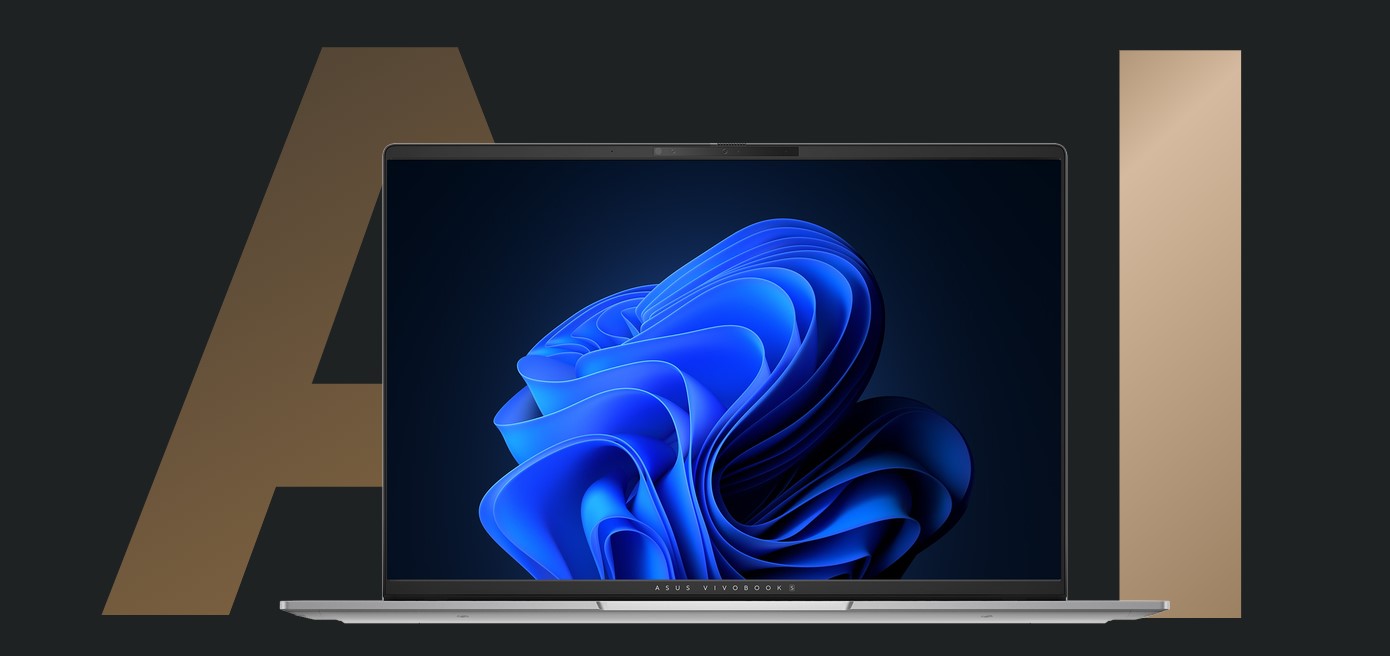
Asus confirms via Weibo that the company will showcase its next-generation notebooks using AMD's Ryzen AI 300 processors on July 17. Originally scheduled for July 8, the event will provide an exclusive to showcase these laptops throughout its range. While the reasons for the delay have not been mentioned, it is likely because AMD has allegedly delayed the Ryzen AI 300 launch to July 28, a day before the Ryzen 9000 processors. Retail giants like Best Buy also moved their availability dates accordingly.
Some known models are from the TUF Gaming, ROG Zephyrus, Zenbook, and ProArt series in different configurations and builds. What's known so far via the listing on Asus' website is that the Ryzen AI 9 HX 370 and the Ryzen AI 9 365 are used in these models. Specific models like the ProArt PX13 series, either of the two with variable storage and RAM options, while some, like the ProArt P16, are paired with the Ryzen AI 9 HX 370. These models also feature a dedicated Copilot Key to function with Windows 11's AI integration.
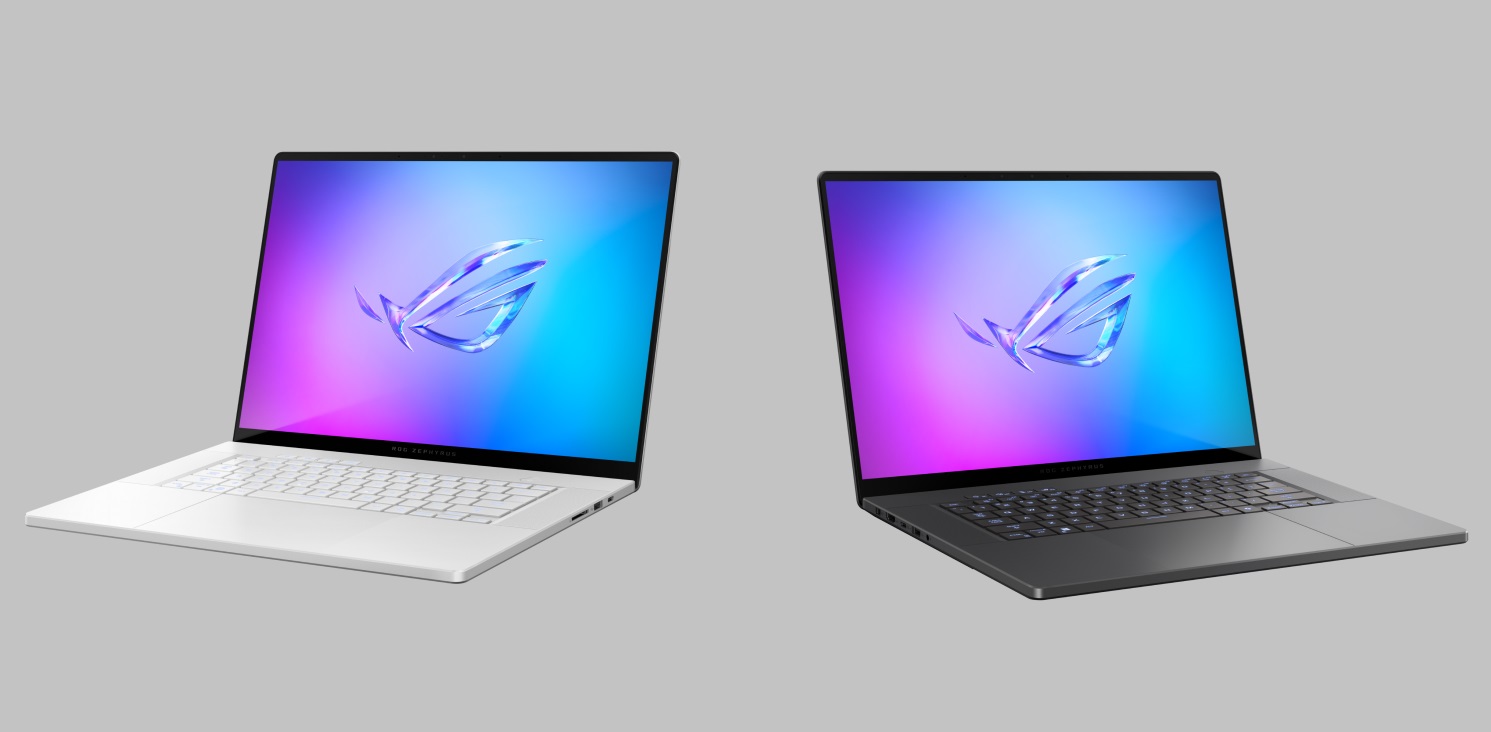
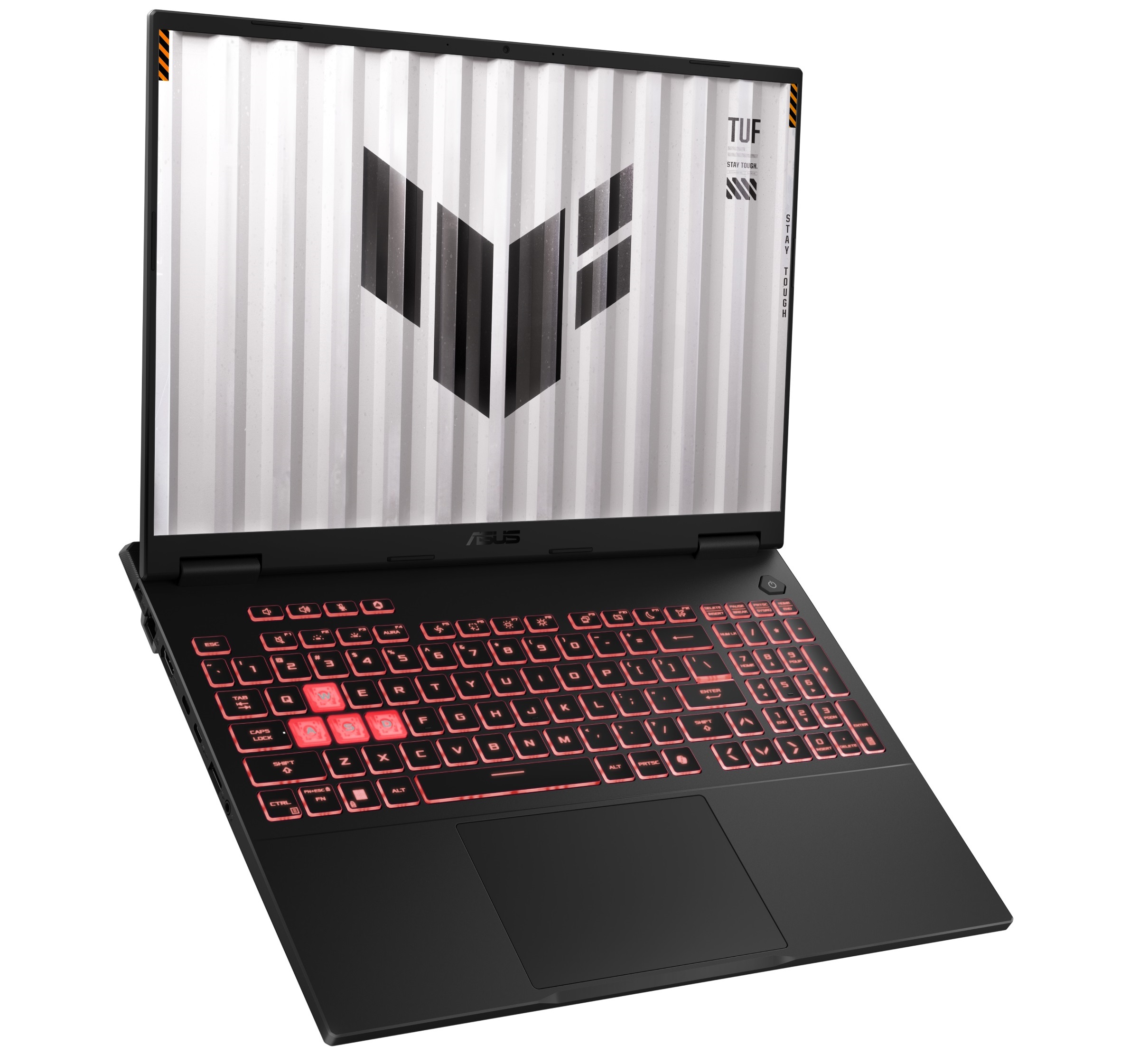
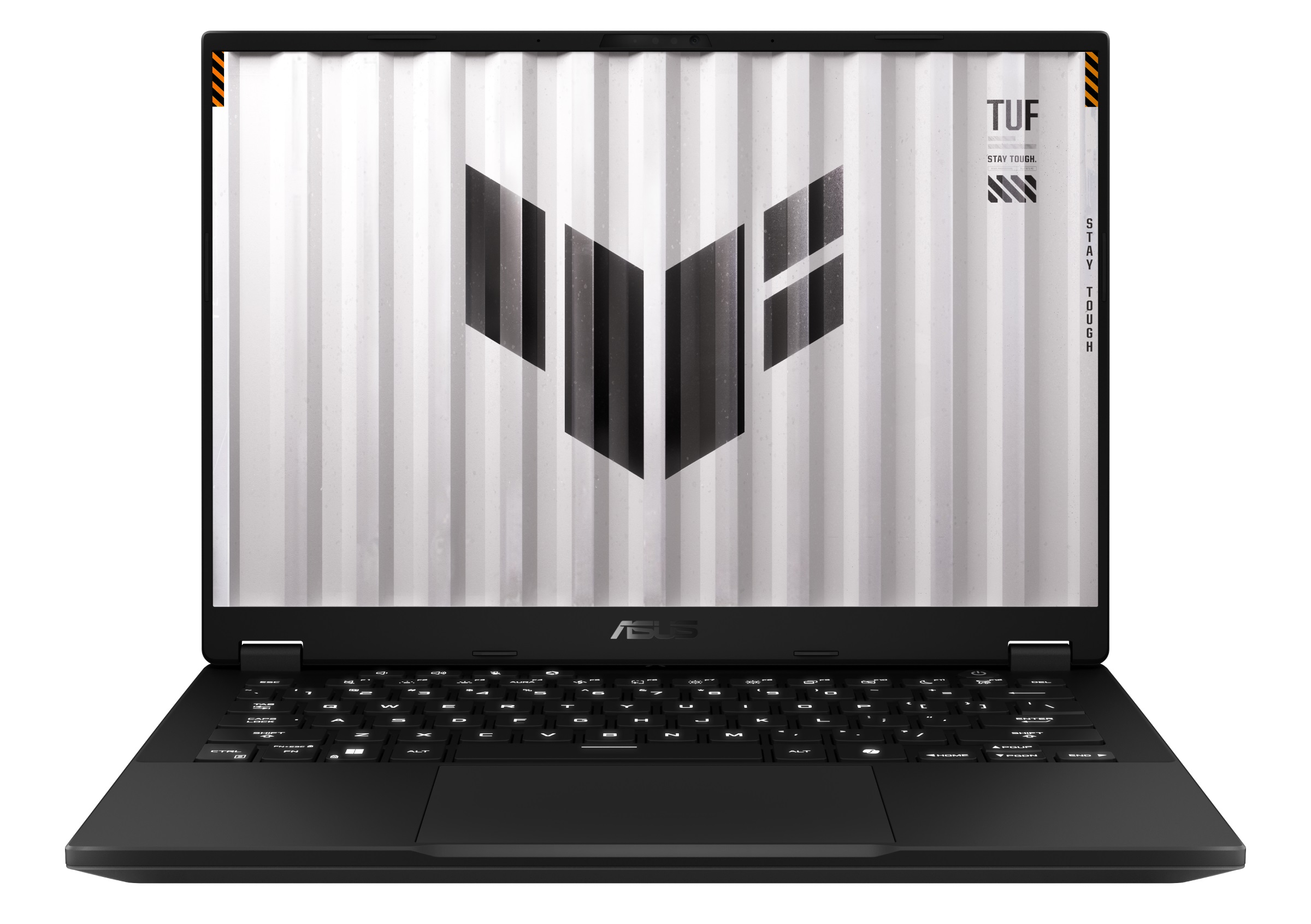
The ROG Zephyrus G16 GA605 has four variations using the identical AMD Ryzen AI 9 HX 370 processors and GeForce RTX 4060. However, its comparison at the time of writing does not show the difference between all four variants. The TUF Gaming A16 FA608 has two variations with the same Ryzen AI HX 370 CPU but between RTX 4070 and RTX 4060 notebook graphics and the choice between two memory and storage options. The TUF Gaming A14 FA401, which lacks a pre-installed operating system, comes with an RTX 4060 or RTX 4050 paired with the Ryzen AI 9 HX 370.
The Vivobook S16M5606WA is one of the Vivobook models with the Ryzen AI 9 APU. It provides options with no OS and pre-installed Windows 11 Pro for Business and Pro, utilizing the onboard AMD Radeon graphics from the Ryzen AI 9 HX 370.
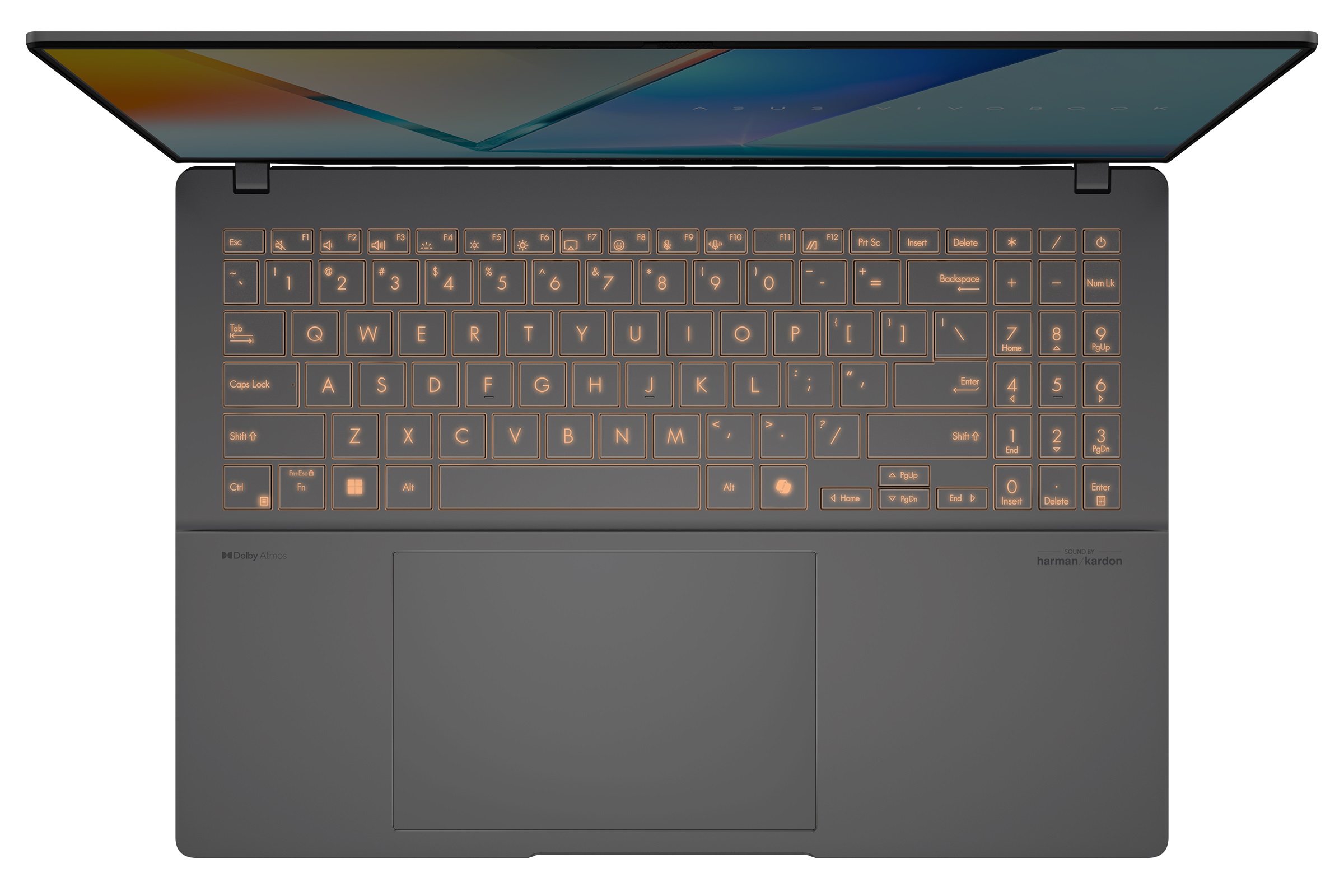
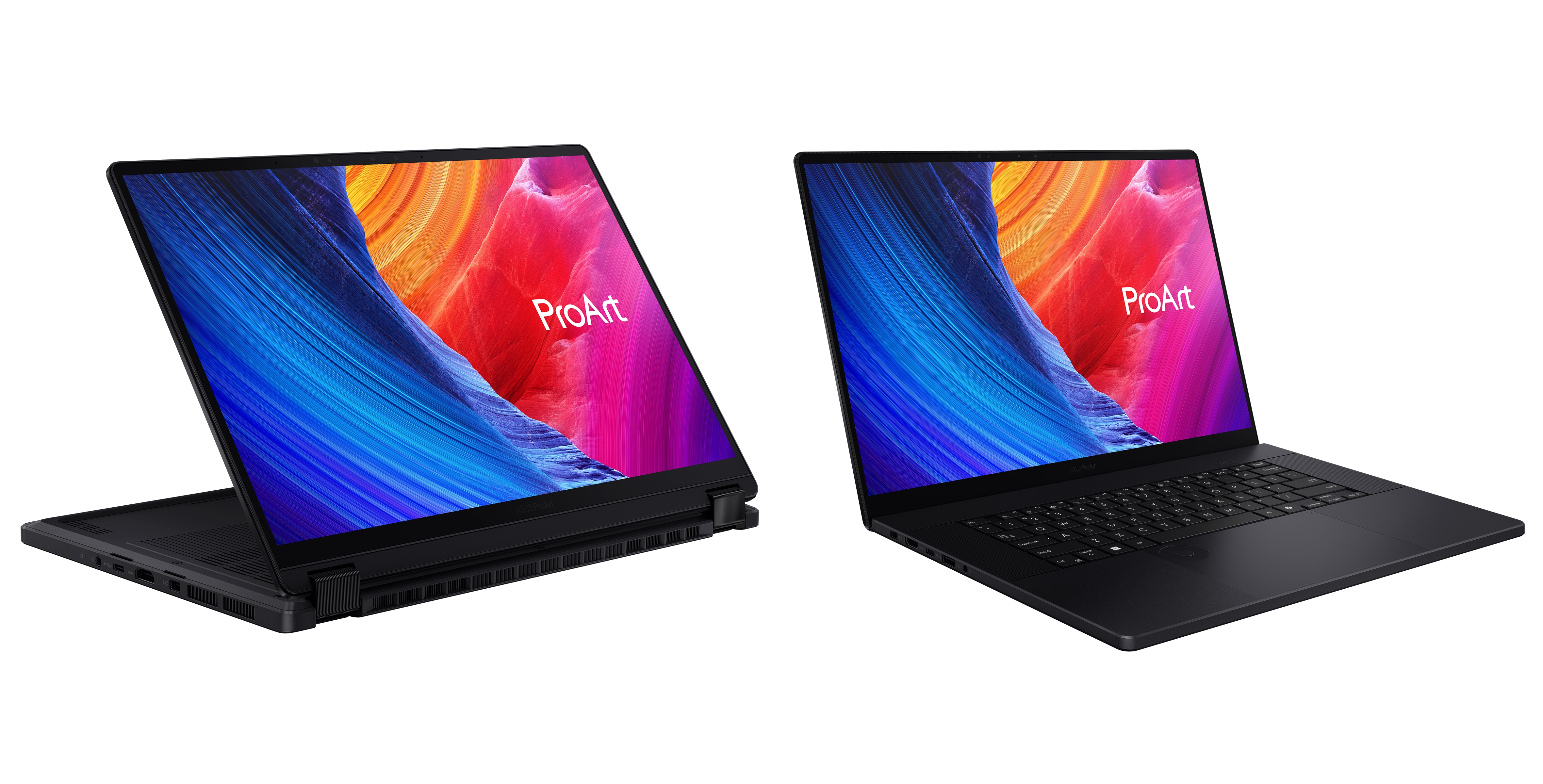
Speaking about the ProArt series marketed towards content creators, the PX13 HN7306 has a 13.3-inch 3K OLED monitor with a rotating hinge, enabling users to use it as a tablet since it has a touch screen with stylus support. There are three variations of the PX13, each having a choice between multiple notebook graphics from AMD and Nvidia with variable storage and RAM options.
The ProArt P16 H7606 has a 3840 x 2400 16:10 OLED display with up to 60 Hz refresh rate but does have a touch screen with stylus support. It does not have a rotating hinge, and graphics options are limited to the RTX 4070 and Radeon 890M graphics. Based on the comparisons, the P16 has triple fan designs to allow up to 120W CPU TDP and GPU TGP, with the PX13's cooling setup rated to 115W. Both notebooks are advertised to use Thermal Grizzly liquid metal and built-in dust filters.
After AMD's AI notebook chips are announced, many notebook makers will inevitably showcase upcoming models using these chips. Meanwhile, Intel should be shipping Lunar Lake by Q3 and likely have its partners showcasing and retailing by January, assuming no delay. Naturally, one would like to see how these processors perform compared to notebook processors without the neural chips and the Snapdragon X Elite.







